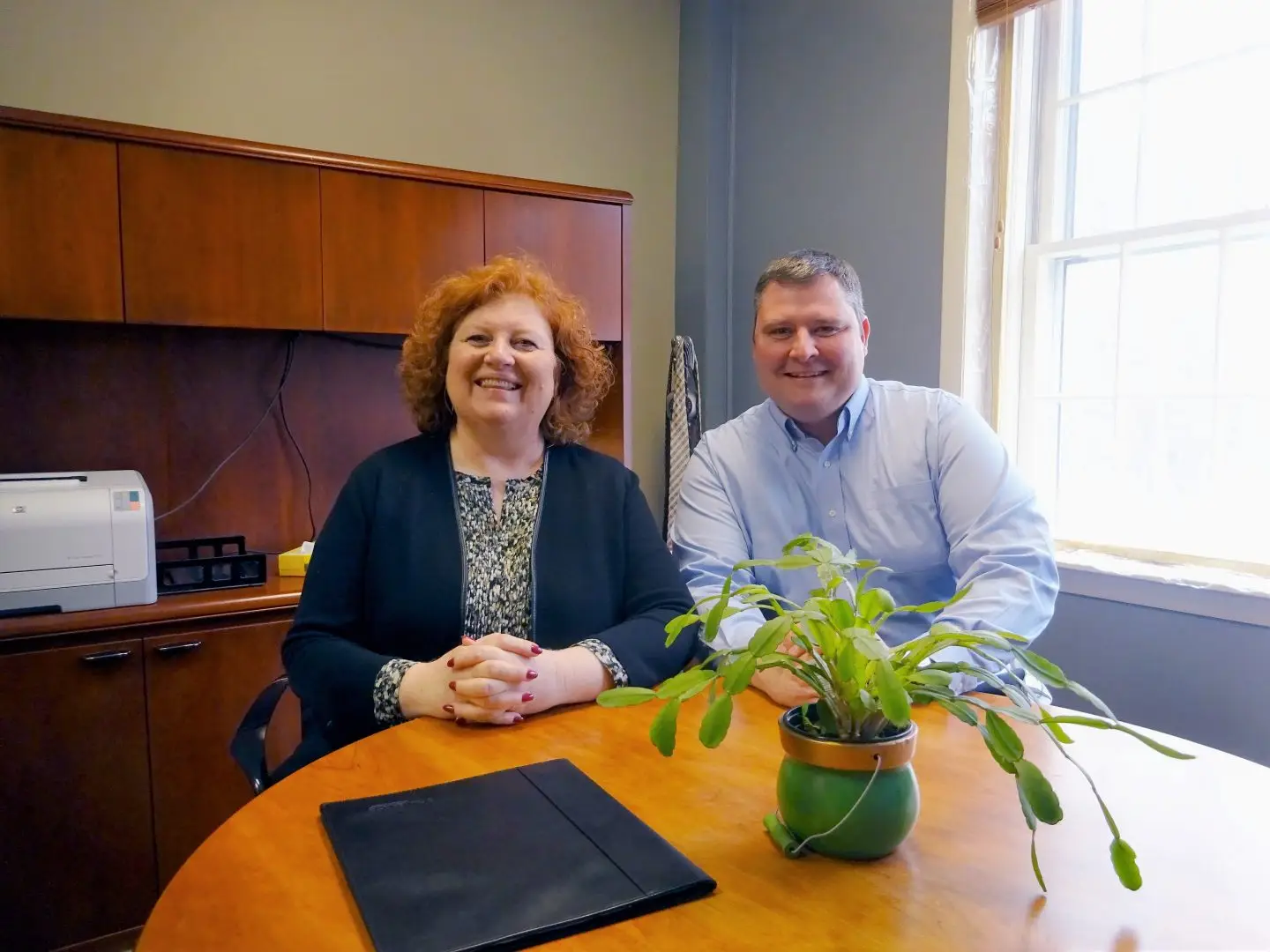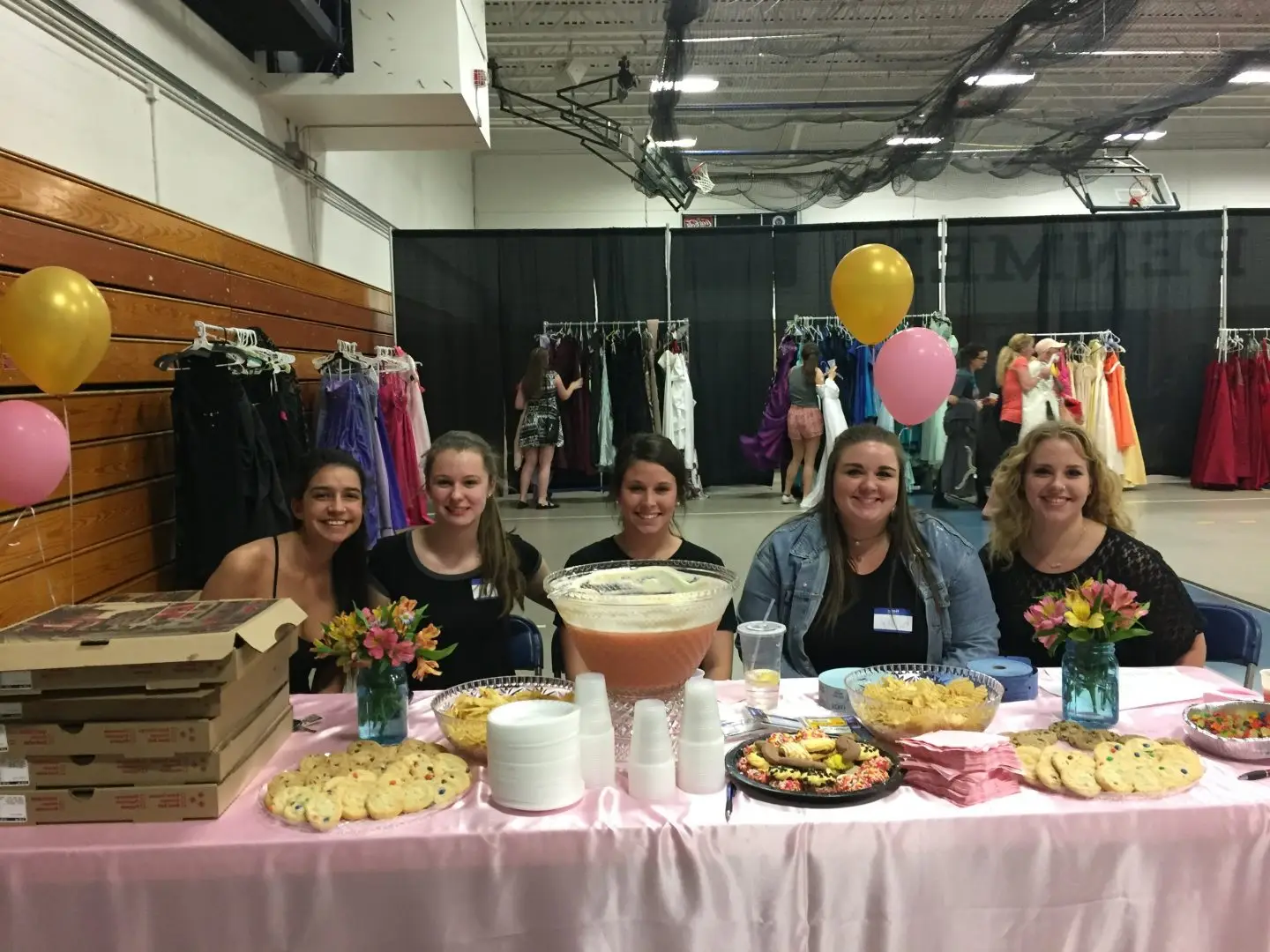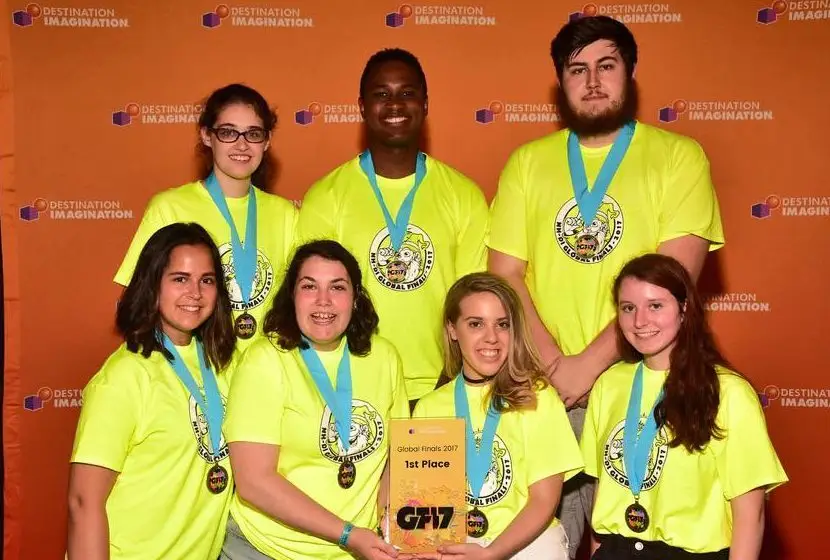The School of Arts, Sciences and Education at Southern New Hampshire University was granted accreditation at the initial licensure level by the Council for the Accreditation of Educator Preparation Washington, DC.
The following programs are included in the accreditation cycle in a document titled “EPP Approved Programs” by SNHU. The accreditation process took more than 18 months to complete and it was accomplished through the collaborative work of the School of Arts, Sciences and Education and the Office of Academic Quality, Accreditation and Support.
CAEP has four annual reporting measures that are used to showcase annual compliance with accreditation standards. The capstone critical task for all candidates for initial licensure is the NH Teacher Candidate Assessment of Performance (NH TCAP). This is completed during a candidate’s culminating clinical experience. This summative performance assessment aligns with all four In TASC categories and provides evidence of a candidate’s ability to demonstrate those required competencies.
The faculty and staff are proud of their program and the education students. Assistant Director of Field-Based Graduate Education Programs, Andrea Campbell, highlights the resources available to education students, and what she is most proud of what the education department achieved.
“The accreditation is just the icing on the cake. I think our program was so strong and had developed in so many ways, and the CAEP accreditation solidified for everybody what we already knew, which is that we prepare our students so well,” said Campbell. “I feel like the part that makes me feel so proud is that the students have so many people they can go to for support and have a shoulder to cry on when they are really stressed out. I work with the graduate program and its 100 percent in the field, so they get so much experience, they are so prepared, and I feel extremely confident that when they get hired they will be okay,” said Campbell.
Dr. Amanda Murchison, Assistant Professor (Middle and Secondary Education), explains how education students are prepared to go out into the teaching world once they graduate. The education program allows students to get into the field as soon as possible. The students in these courses are mainly freshmen, and they are partnered with a teacher to observe the classroom.
“One of our greatest strengths is that we get our students in the field immediately. I think that is a huge benefit to what we do here. I just came from teaching a primarily freshmen course and they are in the field in a lab placement. They go once a week and are partnered with a teacher, they work with the students, and observe, it’s amazing,” said Murchison.
Amanda Murchison is proud of the program in the support they give to students, but also the support they give to each other.
“The thing I’m most proud of is how we support our students and how we run through walls for our students. It’s not only what we do for students, it’s what we do for one another. We know we’re a team and the students are a team with us, I am so proud of how we think outside the box for students with real world situations, of how our students transition, how they go from the beginning part of their program to the end. We have one of the most amazing, strong faculty. I’m honored to be part of it, all of those things put together are what I am most proud of,” said Murchison.
Mary Westwater, Associate Professor in Education, explains that students who come from SNHU’s education program are hired by the schools they student teach at, because of the school’s reputation.
“Our student teachers are often hired right out of student teaching into their schools, if not daily then weekly, the requests come into our office of educator prep asking if we have students available to be hired, because we have a very good reputation,” said Westwater.
Mary Westwater is proud of how the education department never lets students fall behind and of the family bond the education faculty has.
“We just don’t let any student fall by the wayside ever, we keep going forward. I think that is the most important thing I’m proud of, and I’m also proud of our faculty family bond,” said Westwater.
Murchison brings her students to different learning environments to allow students to know what kind of learning environments they like. The students can get an idea of where they want to teach post-graduation and feel ready for their future as teachers.
“I bring them to different schools so they are seeing public schools, they are seeing charter schools, they are seeing all kinds of different education models. I think that is so helpful for them as they go through their coursework. I think it’s great for them to get real-world experience because I’ve brought students to a charter school and they’ll say “Oh my gosh this is amazing, but this isn’t for me.” I think that is such an important thing. We help students understand what they do and don’t want,” said Murchison.
The schools that SNHU works with want the students who are in their classrooms to hire after graduation.
“I work directly with the graduate students, we partner directly with Manchester only. They fight to have our students in their building, it’s almost like an honor for them. It speaks volumes about the students; [having] people fighting to hire them even before they graduate, speaks to the level and the quality of students,” said Campbell.
Senior Kelsey Bates (‘24), is a peer educator, student-athlete, and a future teacher. As a peer educator, she works with students in need of writing help, statistics, and education work. Currently, Bates works with Kindergarten, 3rd, and 4th grade special needs students.
Bates always knew she wanted to be a teacher, she wants those who are thinking about it to go for it and get experiences that won’t disappoint.
“I’ve always known I wanted to be a teacher since I was 6 years old. If someone wants to be a teacher I say go for it, you’re really gonna love it. You’re able to get different experiences, go to different schools, and you’re really in the best hands possible. You won’t be disappointed if you do,” said Bates.
At the beginning of the year, the education program holds an event to introduce students to the program and let students meet their peers and professors.
“For student teachers, they do a breakfast. The Directors of the Education Board introduce everyone with their mentor teachers. I’ve been with the same group of kids since my sophomore year and it’s been really amazing to see the involvement that we’ve all gone through these past three years,” said Bates. “They make education more fun, as we are the next round of teachers, so having them make it fun for us makes us able to make it fun for our students,” said Bates.
Bates learned a lot from the Education Department, the professors, who were teachers themself, help students get real-life experience to prepare them for the classroom.
“All the professors that are in the education program have been teachers, so they know from experience. They are teaching us actual experiences, so we are able to use those in our own field, and in our own classroom, which has been super helpful. They are the biggest supporters, they are rooting for you every single day and wanting the best for you. they are definitely mama bears,” said Bates.
Major ambassador, Autumn Hopler (‘26), has been the education program’s major ambassador for two semesters, and she is studying elementary education (K-6 grade). After graduation, Hopler hopes to be a kindergarten or 1st grade teacher.
Hopler has learned a lot from being in the education program at SNHU. The program allows students to do field-based work and make lesson plans. The students are also able to go into classrooms and interact with local teachers and students.
“This program has helped me learn the skills and knowledge of how to be a good classroom teacher with all of the field-based work we’re doing. We go into classrooms, we observe, we teach, we make lesson plans, and teach in small groups. Going in the classroom is a huge thing. This builds my experience and references, so that’s a big part of the education program,” said Hopler.
Hopler has lots of core memories while part of the education program. One memory Hopler shared is when she set up a game night, where education students got to play games with each other and get to know their teachers and faculty outside of the classroom.
“The faculty and staff are so positive, welcoming, and big community builders. I just recently had a game night event. We had only three students show up, but that was still a win because they were able to connect with the faculty outside of the classroom and feel involved. It made us learn more about our faculty and staff and feel a little more comfortable outside of the classroom,” said Hopler.
In Hopler’s eyes, the best part of the education program is the faculty and staff that built a community. While helping guide the students through their teaching journey, there are offices that are available for students to help them feel at ease during the education process.
“The best part about the education program is definitely the faculty and staff. They do a really good job of building the community, being very supportive and positive, and they have really good guidance of how to help future educators like me. Especially like the OEP (Office of Education Preparation) in the Belknap building,” said Hopler. “They help us with how to get licensure and know all of the gateways. They’re really good at knowing how to guide us and make us not feel stressed, they’ll schedule it out and show us different ways and different paths you can take,” said Hopler.
For more information about the education programs’ accreditation, check out SNHU’s website link listed below.
https://www.snhu.edu/about-us/accreditations/caep
For more information about SNHU’s accreditations, please visit: https://www.snhu.edu/about-us/accreditations




